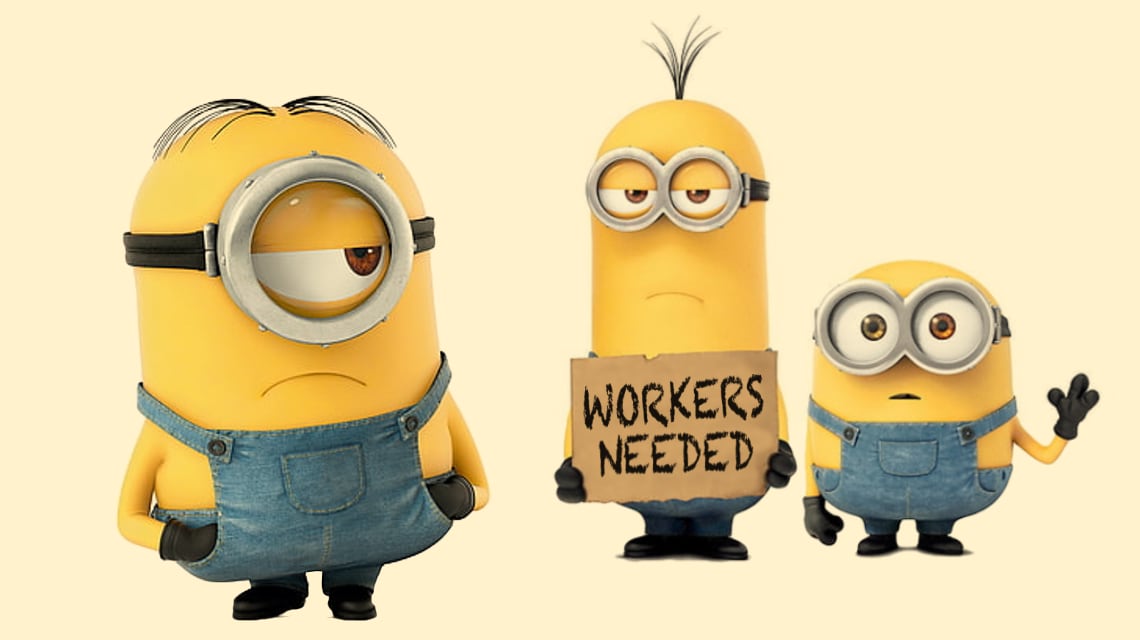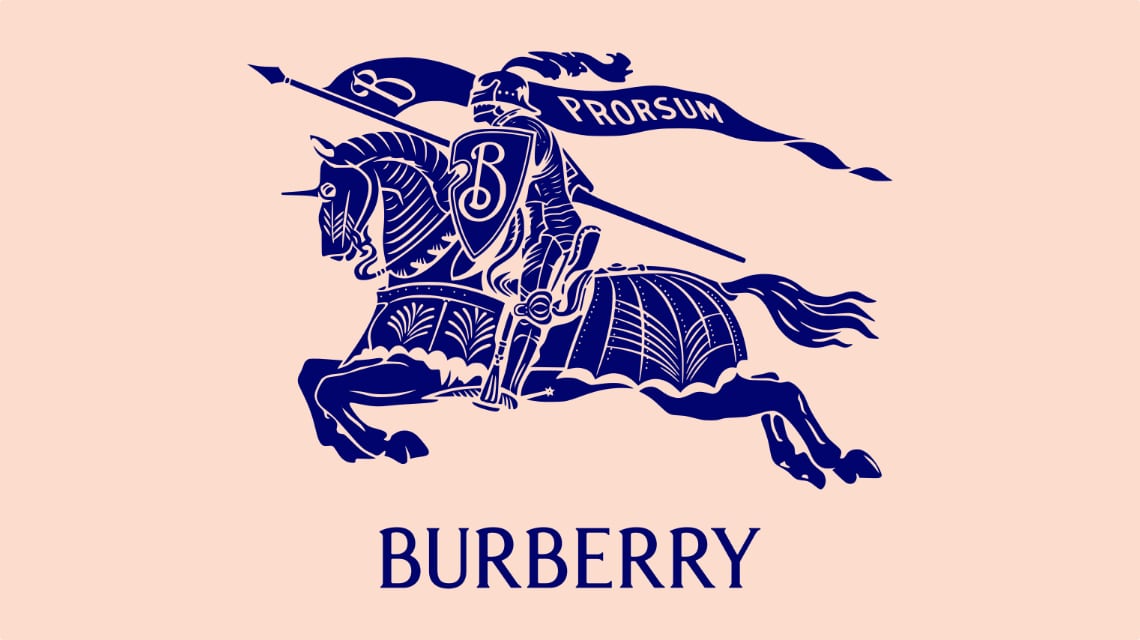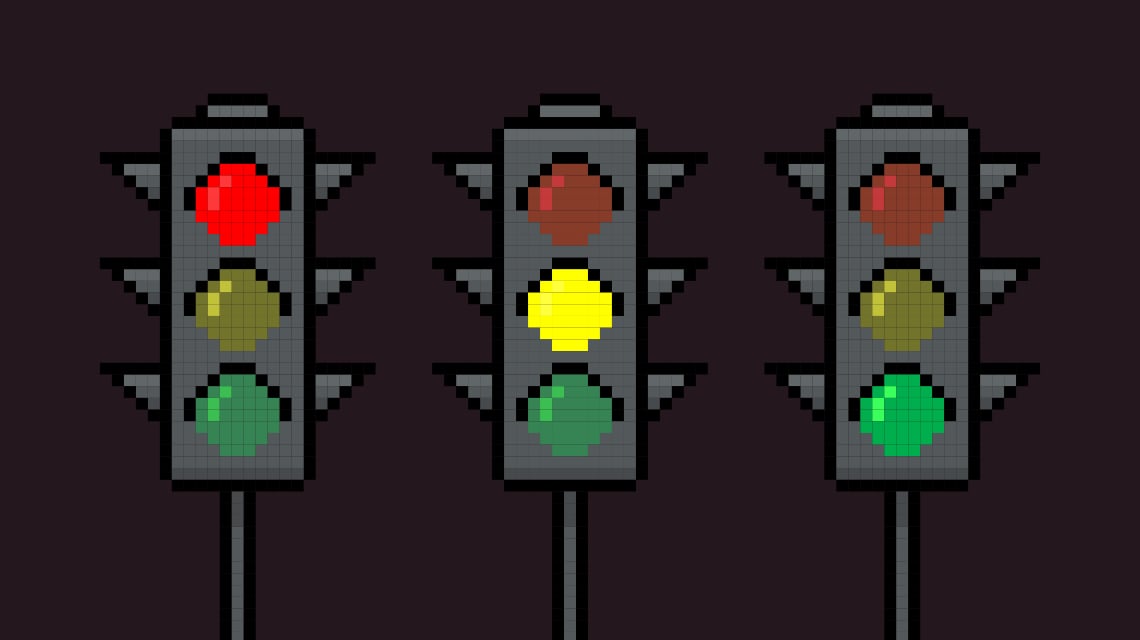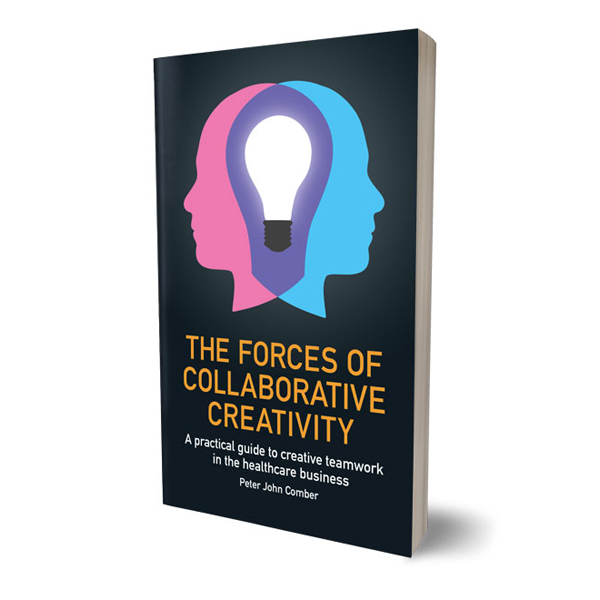Millions need purpose.
Some work simply to survive while others need better motivation. Increasingly your brand is a help or a hindrance when recruiting.
“Despicable Me” is a great name for a movie about a megalomaniac villain. However, it was the protagonist’s little yellow henchmen, the Minions, that stole the show and eventually earned two eponymous movies. At the start of the first Minions movie, we learn that their raison d'etre is to serve history’s villains. In an adorable slapstick way, the Minions are dedicated to evil and we see how they become despondent and unmotivated when they have no evil boss to follow. We also see how energised they become when they adopt a new villain as their champion.
The minions are not alone. The British Office of National Statistics labour force survey tells us that 7.2 million unemployed people in the UK are not looking for work. In the survey those who are economically inactive can provide various answers to explain their condition, one option (chosen by 81% of respondents*) is: “Does not want a job”.
Evidently, these people can live without working but survival is not the only reason people work. Many people who have no pressing need to work yet still do, because they derive satisfaction from it, they feel valued, because they contribute something to society.
The social aspect of work is important and just as brands convey values to the products and services they sell they also convey the value of the work of their employees. Many of those who don’t want a job might be self-actualised and financially independent but I’m convinced that some could be lured back to work if they were offered something that was rewarding beyond the salary. A report from Wunderman Thompson** tells us that 74% of Gen Z refuse to work for a company that goes against their values, 82% say it’s important that their job contributes to the greater good, and 70% would rather do something meaningful than make a lot of money.
It’s not a generational trend, a poll by Ifop tells us that in 2021 only 24% of the French population consider work “very important”, down from 60% in 1990. The image of work, in general, has changed and the image of certain jobs and many employers has changed radically. The status of being worked has diminished. In 1990 you could proudly boast about being an advertising creative in general society. Not so much today. In 2013 working at Twitter gave you bragging rights. Not so much today. These are not rare exceptions, just particularly extreme examples. Without job satisfaction or any social value or a brand you are proud to be associated with work is just a horrible grind.
“Does not want a job” means I’m not interested in a valueless, alienating job with your greedy little brand. Putting enthusiasm and pride back into work starts with socially positive brands and their ability to comunicate effectively with public opinion.
* https://www.ons.gov.uk/employmentandlabourmarket/peoplenotinwork/economicinactivity/timeseries/lfl9/lms
** “Gen Z: Building a better normal” by Wunderman Thompson Intelligence https://www.wundermanthompson.com/insight/new-trend-report-generation-z-building-a-better-normal




